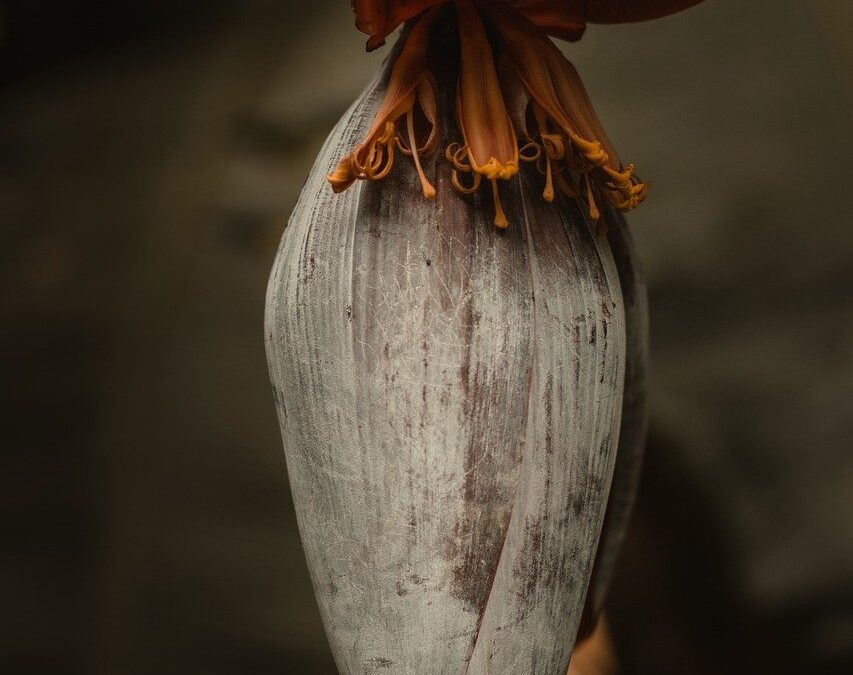
Polycystic Ovarian Syndrome
Polycystic Ovarian Syndrome
Polycystic ovary syndrome (PCOS) is a hormonal problem that happens during the reproductive years. If you have PCOS, you may not have periods very often or your cycle is rarely a monthly cycle. Or you may have periods that last many days (1).
PCOS is classed as a hormonal and metabolic health imbalance affecting approximately 1 in 10 women. The male hormones androgens are higher in women with PCOS, as well as problems with insulin. Insulin is a peptide hormone secreted by cells of the pancreas to help maintain normal blood glucose levels, regulating carbohydrate, lipid and protein metabolism and promoting cell division and growth through its mitogenic effects (2). When insulin becomes resistant, that’s when disharmony with weight and hormonal changes can occur in women, thus having an impact on their reproduction.
What are the symptoms of Polycystic Ovarian syndrome?
- Irregular or no periods
- Excessive hair growth on the face or body
- Hair loss
- Skin conditions such as acne or excessive skin tags
- Difficulty falling pregnant due to irregular ovulation
- Difficulty losing weight and/or weight around the waist
- Mood changes and/or specifically anxiety or depression
Possible causes for Polycystic Ovarian syndrome
Genetics may play a role in PCOS, with up to a third of women having a female relative with PCOS or similar without being diagnosed. However lifestyle, diet and environmental factors show to be contributing factors also.
It is important to note that females can experience irregular periods without any of the other above symptoms. This is classed as polcystic ovaries (PCO); when you have multiple “cysts” on the ovaries. They aren’t actually cysts, they’re eggs that haven’t developed properly. It might occur after hormonal conceptive use in the reproductive years that confuse the body, and/or lifestyle or environmental factors. Insulin and weight are usually not of concern with PCO. The hypothalamic-pituitary-adrenal axis (HPA), describes the interaction between the hypothalamus, pituitary gland, and adrenal glands. The hypothalamus and pituitary gland are located just above the brainstem, while the adrenal glands are found on top of the kidneys (3). The HPA can receive the wrong signals resulting in eggs that haven’t developed properly (cysts), thus causing lack of ovulation and periods (4). Distinguishing between PCOS and PCO is important.
What can help Polycystic Ovarian syndrome?
PCOS treatment is mainly focussed on symptom management by reducing additional metabolic risk factors like heart disease and diabetes. Other ways can include:
- Regular exercise – managing potential weight gain and maintaining a healthy cardiovascular system
- Dietary changes – as PCOS has a somewhat inflammatory component, reducing inflammation via appropriate foods (a Mediterranean diet). Moderating carbohydrate intake in a similar way to balancing diabetes (insulin imbalances). Minimising exposure to foods that contain hormones that have been purposefully added to increase production – animal products usually.
- Acupuncture – can help with pain associated with PCOS and help regulate the nervous system which in turn has an impact on hormones
- Managing stress – stress impacts any health condition. Learning to manage life’s stressors is vital for general health and well being. Low stress also equals low cortisol release (the stress hormone). High cortisol leads to weight gain thus impacting the metabolic pathways exasperating PCOS
- Reducing exposure to hormone disrupting chemicals – did you know that IVF clinics do not allow perfumes/deodorants into their clinics as research has found that they can disrupt the endocrine system. In the armpit for example, products get directly absorbed into the lymphatic system. Going as natural as possible with skin care, body products and cleaning products will surely benefit
What does research say about Chinese medicine and Acupuncture for PCOS?
A study done in 2018 on the prevalence of diabetes mellitus, obesity, lipid metabolism disorders, and major depression was recorded as common symptoms for PCOS enrolled patients. Multiple common Chinese herbal formulas were included in the study based on the patients symptoms such as period pain, abdominal pain, constipation and uterine contractions.
The present findings revealed that patients with PCOS had a relatively high tendency to consult TCM practitioners (89.22%) due to Western medicine not having a treatment protocol directly. Among these prescription chinese herbal medicines (CHM) trialled showed hepatoprotective effects, as well as beneficial effects in treatment of hyperglycemia, insulin intolerance, dyslipidemia, and anovulation. These findings indicate that Chinese herbal medicine might serve as a potentially effective therapeutic option for PCOS (5).
Another study showed that following transfer of fresh or frozen-thawed embryos available from the same stimulated IVF cycle, 47 patients got clinical pregnant and 43 of them achieved live birth with the use of CHM. Among which, 32 patients achieved term delivery in the CHM group. In the non-CHM group, 27 patients got clinical pregnant and 22 of them achieved live birth, among which, 14 patients achieved term delivery (6).
The NHMRC Centre for Research Excellence in PCOS undertaken at the Sydney Western University, has already completed a systematic review, and a qualitative study on acupuncture for weight loss in PCOS, with feasibility testing now in sight for a clinical trial. The clinical trial will explore the role of traditional acupuncture as an adjunct to lifestyle interventions for weight loss in PCOS. “Weight loss improves many of the features of PCOS and can reduce the burden of chronic disease from diabetes and heart disease.” (7).
 Tanya Keam is an integrative Chinese medicine Doctor and registered Acupuncturist in Nambour in the beautiful Sunshine Coast hinterland in Queensland, Australia. If you’re experiencing the above symptoms or interested in Traditional Chinese Medicine and Acupuncture treatment specifically for Polycystic Ovarian Syndrome or Polycystic ovaries, please reach out to see if Acupuncture, herbal medicine and lifestyle guidance might support your gynaecological health.
Tanya Keam is an integrative Chinese medicine Doctor and registered Acupuncturist in Nambour in the beautiful Sunshine Coast hinterland in Queensland, Australia. If you’re experiencing the above symptoms or interested in Traditional Chinese Medicine and Acupuncture treatment specifically for Polycystic Ovarian Syndrome or Polycystic ovaries, please reach out to see if Acupuncture, herbal medicine and lifestyle guidance might support your gynaecological health.
You can see Tanya’s training here, call us here, or book online here.
References:
- https://www.mayoclinic.org/diseases-conditions/pcos/symptoms-causes/syc-20353439
- Wilcox. G. 2005. Insulin and Insulin resistance. National Library of medicine. https://www.ncbi.nlm.nih.gov/pmc/articles/PMC1204764/
- Chrousos GP. Stress and disorders of the stress system. Nat Rev Endocrinol. 2009 Jul;5(7):374-81. doi: 10.1038/nrendo.2009.106. Epub 2009 Jun 2. PMID: 19488073. https://neuroscientificallychallenged.com/posts/what-is-the-hpa-axis
- Chrousos GP. Stress and disorders of the stress system. Nat Rev Endocrinol. 2009 Jul;5(7):374-81. doi: 10.1038/nrendo.2009.106. Epub 2009 Jun 2. PMID: 19488073. https://neuroscientificallychallenged.com/posts/what-is-the-hpa-axis
- Liao, Wan-ting, Chiang. Jen-huai, Li Chia-lung, Lee Ling-Tsung, Su Cheng-chiung, Yen Hung-rong. 2018 J Clin Med. 2018 Jul; 7(7): 179. Journal of Clinical Medicine. Investigation on the Use of Traditional Chinese Medicine for Polycystic Ovary Syndrome in a Nationwide Prescription Database in Taiwan. https://www.ncbi.nlm.nih.gov/pmc/articles/PMC6069244/
- 6. P, Xiaoming. Gu, Yinger. Z Xian. W, Fangfang. S, Biwei. C, Long. W, fangfang. Q, fan. Integrative Medicine research Volume 11, Issue 1, March 2022, 1007752022. Chinese herbal medicine (Bu-Shen-Tian-Jing Formula) for outcomes of IVF in Chinese patients with polycystic ovary syndrome: A retrospective cohort study. https://www.sciencedirect.com/science/article/pii/S2213422021000627
- NICM Health Research Institute: https://westernsydney.edu.au/nicmhri/news/trial_to_explore_acupuncture_for_weight_loss_in_pcos

